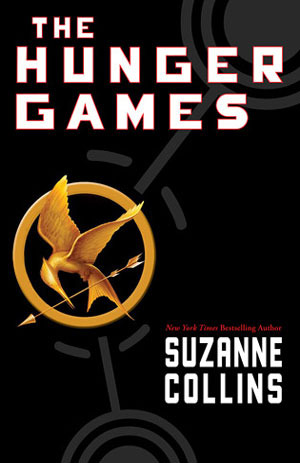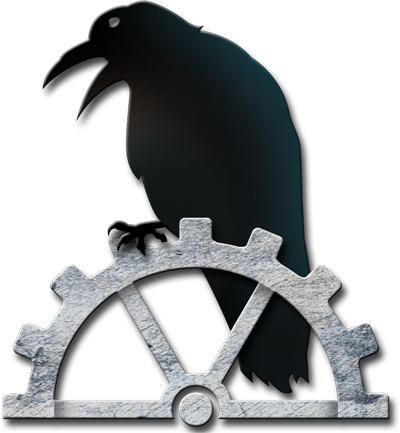 BY J. M. SALYARDS
BY J. M. SALYARDS
Feedback and reviews for Shadow of the Last Men have been largely positive, but there is a common refrain from those readers who perhaps were not prepared for some of the more intense scenes in the work.
“Expect a fair amount of blood and gore…”
“Violence is also another matter articulately written in this book…”
“… the book is extremely graphically violent, and Salyards does not shield the reader from the reality of the violence incurred in the story … it is worth a word of caution to squeamish readers.”
“More violent than I am used to…”
Many of these comments are then amended with the thought that the bloodshed in Shadow of the Last Man is “appropriate”, or “not done for shock value”, or “well shy of gruesomeness”—which is certainly something the editorial team at Xchyler and I strove for in the editing phase. The work needed a balance. It is a story of war, not a more noir-esque thriller, and the light that is shed on acts of aggression and brutality must appear under clear, bright light. We accomplished this, I believe, without wallowing in savagery.
So why bring it up? Violence makes an impression. We are surrounded by it, in all forms of media.
 The Hunger Games [Suzanne Collins, 2008, Scholastic Press] is a popular dystopian series in a similar vein as The Next Man Saga. I have noticed that it is not often decried, much less by its fans, for its own violence.
The Hunger Games [Suzanne Collins, 2008, Scholastic Press] is a popular dystopian series in a similar vein as The Next Man Saga. I have noticed that it is not often decried, much less by its fans, for its own violence.
Indeed, the story revolves around a group of children who are kidnapped and forced to murder one another in a grand spectator sport. (Note that though Katniss “volunteers” to be kidnapped in order to spare another child, it does not change the fact that she is, for all intents and purposes, kidnapped at gunpoint).
They are children, bludgeoned to death with hammers, and torn apart by ferocious dogs. Yet, the screenplay for the film adaptation was altered, to allow for a PG-13 rating. Ostensibly, this was to widen the viewing audience to include teenagers, and even preteens who brought an adult with them, so that they too could partake in the bloody spectacle.
Violence is perhaps little issue when a kidnapped teenage girl is forced to shoot other kidnapped teenagers full of arrows with her bow, for the entertainment of onlookers.
Somehow it is easier to appall a reader when a large, aggressive, powerfully built man uses firearms, his fists, or a knife to right the wrongs of his own dystopian world.
This makes sense, of course. Men can be terrifying. “Harrow” from Shadow of the Last Men earns his moniker throughout the book. He is a tall, muscular figure, well-armed, possessed of cunning and a honed sense of tactics. He is vicious toward his enemies; wild, unpredictable, uncontrollable, free to do as and how he pleases. That has had unintended consequences among the female readership of The Next Man Saga. He is a nightmare of roiling masculinity. The thought of him seems to make people uncomfortable, consciously or not.
Few people have ever been frightened of a teenage girl.
Katniss does not strike fear into others. She is approachable, in particular when she is portrayed by a charismatic young actress. One could ask her to the junior prom, even when she has a bow and arrows in her hands. That is the difference.
 Large, aggressive and powerfully built men are traditionally and historically masters of violence. That is not to say that they are historically the cause of violence, but rather that they are good at it. Teenage girls do not excel at violence, in comparison.
Large, aggressive and powerfully built men are traditionally and historically masters of violence. That is not to say that they are historically the cause of violence, but rather that they are good at it. Teenage girls do not excel at violence, in comparison.
It has been put to me that if anything will destroy the human race, it is men. That may be the case. If so, the only thing that can protect the human race is also men. Men can also aggressively protect, and if they are intelligent, they use the most efficient tools they can to do so.
So perhaps by disarming and emasculating all men, even in fiction, we can keep them from destroying the human race. But we will also rob them of the ability to protect it.
And in the process, we will become nothing which can be called “free”.
Harrow would never have ended up in the Hunger Games. Even as a surly teenager, he’d have killed anyone who tried to put him there.
J. M. Salyards lives in Maryland with his wife and daughter. In his rare escapes from “girly world”, he enjoys shooting sports, football and tabletop gaming.
Shadow of the Last Men is his first step in becoming a man of a million words.
Follow Salyards on:
Website | Facebook | Twitter | Google + | Amazon | Goodreads
? Editor’s note: what we think

